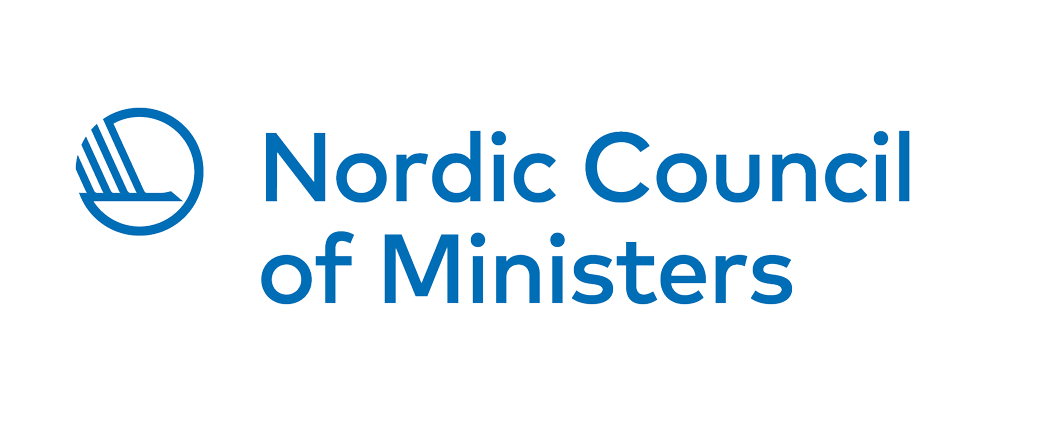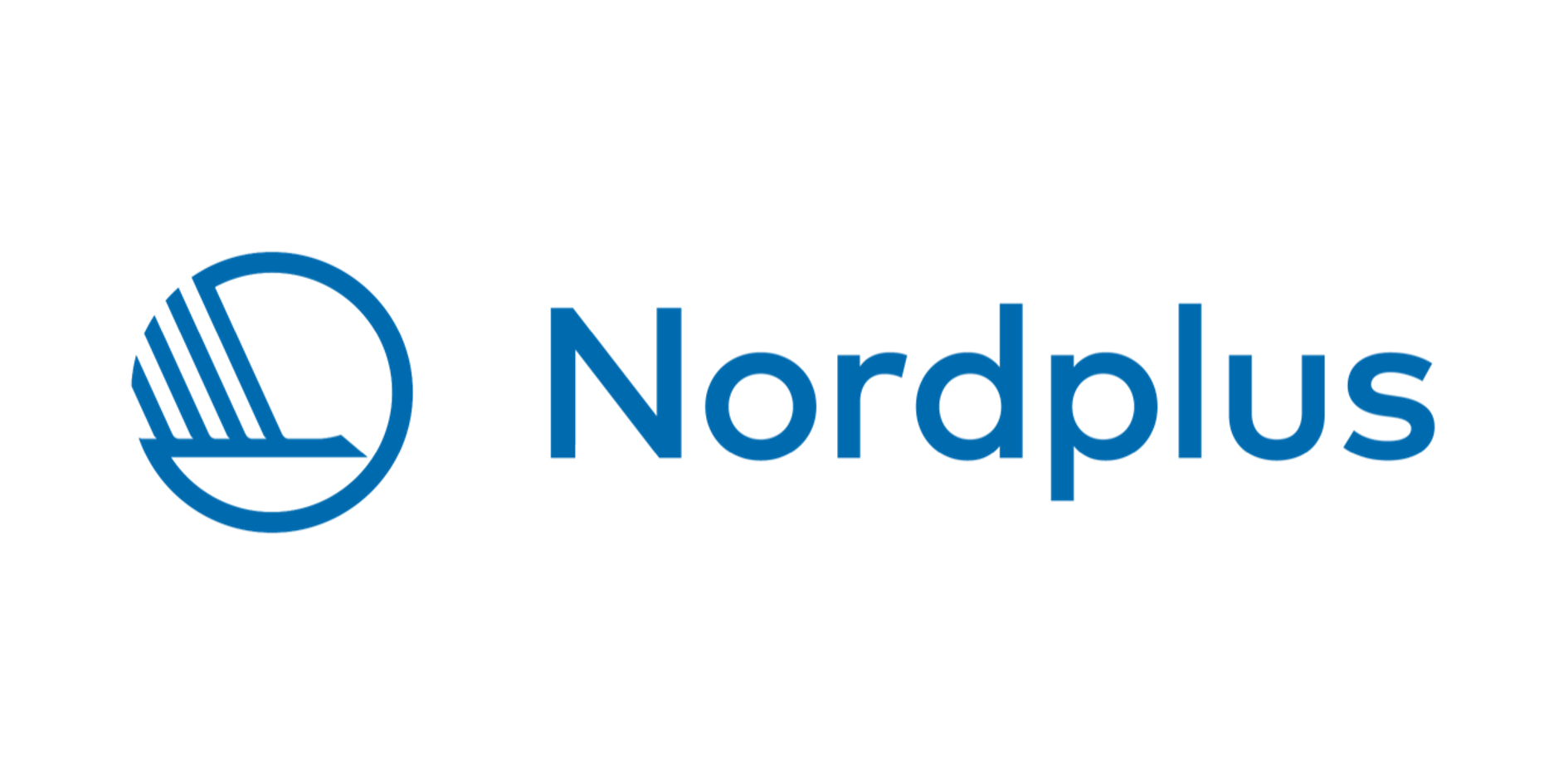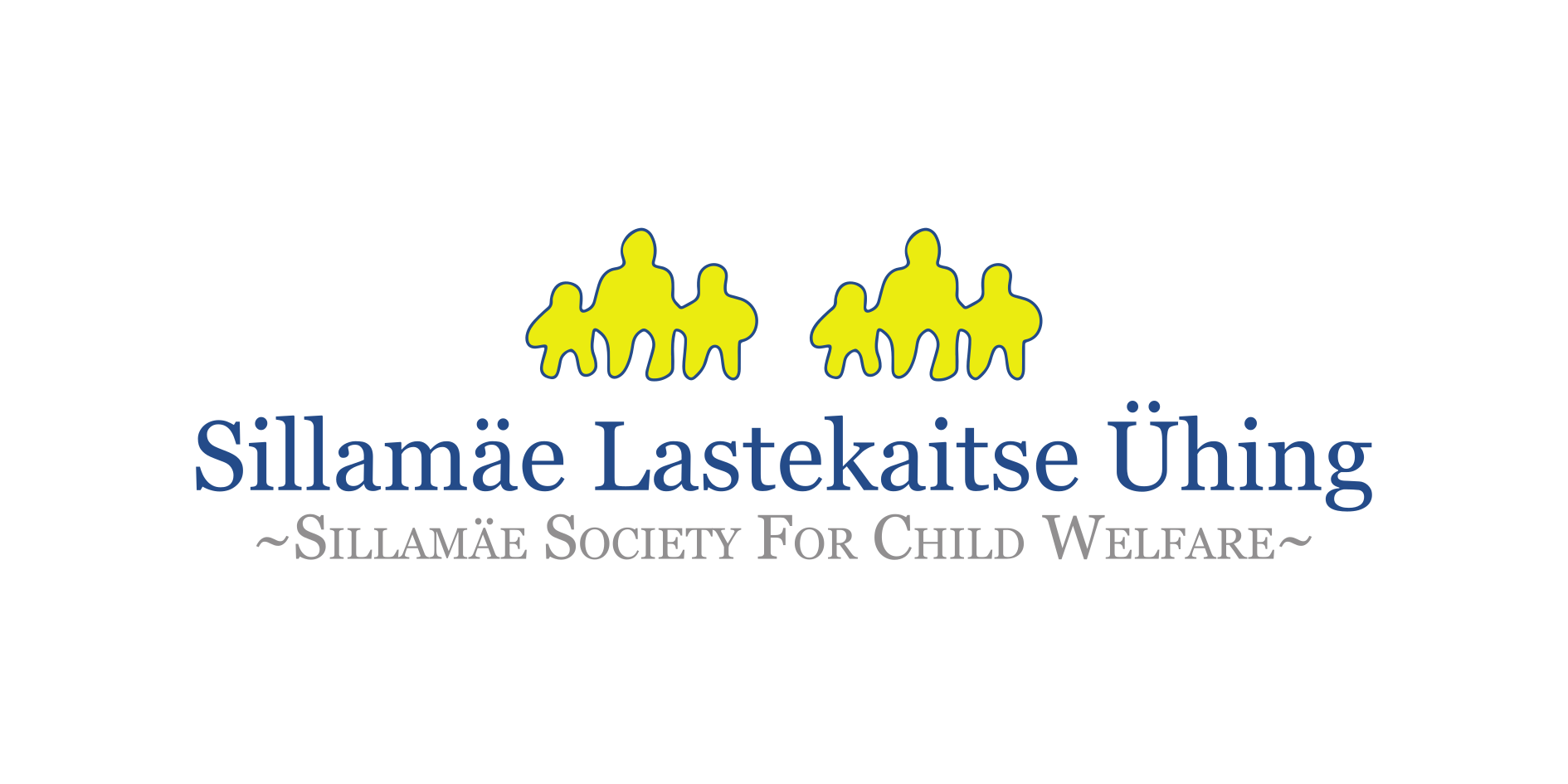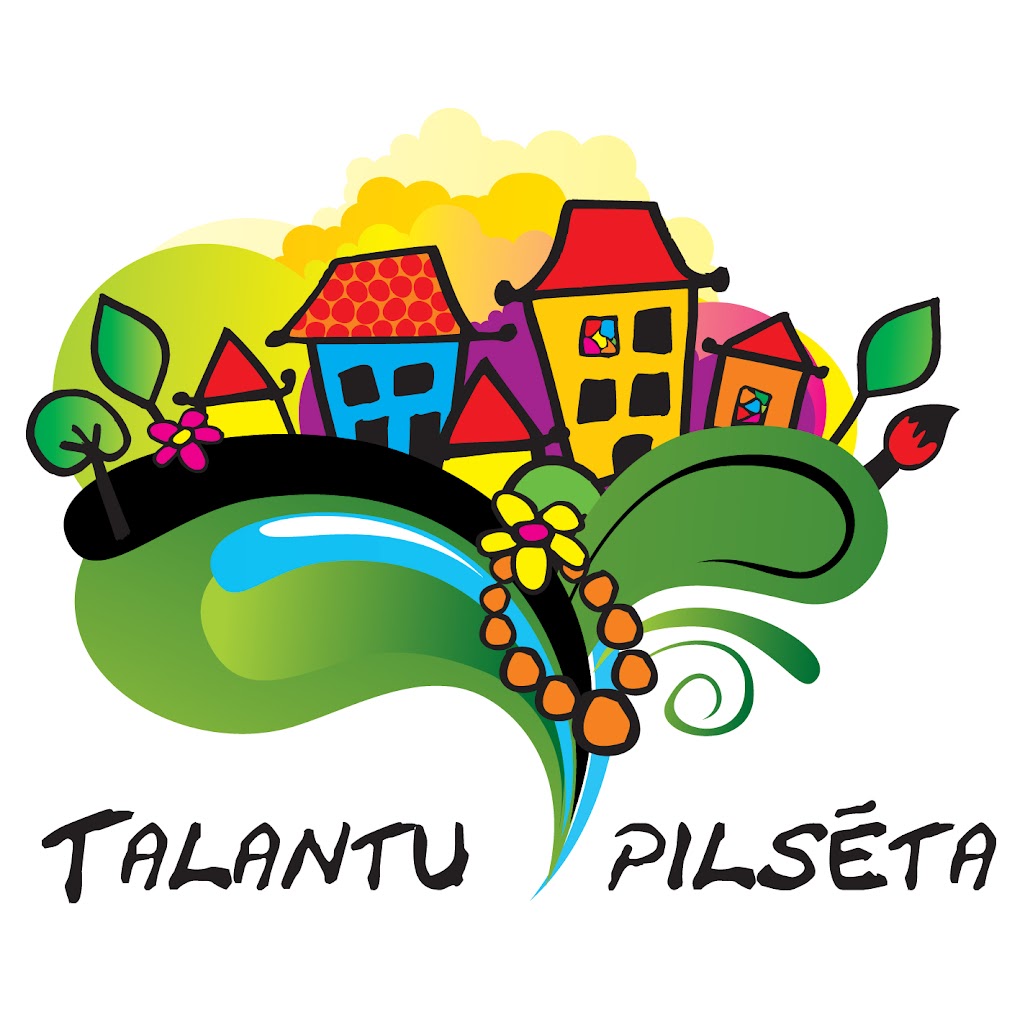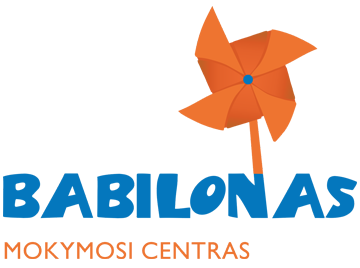WORKSHOPS ON 4 THEMES 22.02.2020 /
II working day of UN 75 Global Conversation 2020 in Estonia 20-23.02.2020 www.unsdg.ee
Workshop content will be discussed in the groups and later on participants will propose one initiative in each workshop what could support within theme a UN SDG goals.
-
Peace: Enabling the UN to be a more effective peace-builder / peace-keeper, through conflict transformation, peace-keeping forces, Intercultural dialogue and other means;
Questions to Discuss:
- Next steps for the SOAS SCRAP initiative?
- The value of Track 2 – and Track 1.5 Diplomacy?
- What is the best way forward for peace in Libya?
- Why did the idea of a UN Rapid Reaction Police Force never get operationalised?
- The possibility of a UN Youth / Cultural Blue Passport / ALF Euromed – to facilitate intercultural dialogue;
- Intercultural dialogue as a key tool to reach solutions in conflict zones
- Integration with society, country, region – how to be an active citizen?
- Re-inventing Multi-lateralism and empowering mutual understanding
- Value of the Trump / Netanyahu plan for Mid-East Peace?
- How can the UN help the West engage with Putin’s Russia?
Moderator and Experts: Jean Kostrzewski, Eva Lennuk, Susanne Kallanvara , Toma Moran, Hatem Atallah etc.
Rapporteur: Anis Boufrikha
Central role of prevention in UN engagement in the peace and security dimension, and emphasized the need to focus on the root causes of crisis and upheaval. Global tensions are at their highest level in years, making the risk of fracture real. The Global society has admitted that there a need in UN Reform and finding a global peace and security. European Union with international partners by using a soft power, by promoting intercultural dialogue and mutual understanding, education and entrepreneurship in conflict zones its can be one of the solution on ground, but of course geopolitical issues and regional conflicts need to be discussed and if possible to find a solution what could be respected by all.
-
Sustainability: Achieving sustainable economic growth and creating jobs for youth through investing in Green Growth, resource efficiency
Questions to Discuss:
- Does a green economy create more jobs than the fossil fuelled one?
- How do we ensure sustainable patterns of production & consumption?
- What steps must be taken to conserve soil, fresh water, fish stocks and other natural resources?
- What are the most effective ways of creating jobs for youth?
- Is social entrepreneurship part of the answer?
- Job market need to be more inclusive for people with special need?
- Are digital jobs in the Gig Economy sustainable jobs?
- What more can the UN do to promote sustainable development and resource efficiency?
- What are the immediate priorities for green investment?
Moderator and Experts: Tatjana Raudsepp and Henrik Wärner, Rudy Raes, Julia Stolberova etc.
Rapporteur: Ekaterina Aleksejeva
It is important to see how governments can generate inclusive economic growth in the short term, while making progress towards climate goals to secure sustainable long-term growth especially in term of creation jobs for youth. Meeting the Paris Agreement objectives and underlines the value of well-aligned policy packages in mobilising investment and social support for the transition while enhancing growth. The youth unemployment rate is the number of unemployed 15-24 year-olds expressed as a percentage of the youth labour force. Unemployed people are those who report that they are without work, that they are available for work and that they have taken active steps to find work in the last four weeks. Maybe we can find a solution in creative industry and social entrepreneurship?
-
Human Rights and Protection: Digital Society and creating a Human Rights regime fit for 21st Century Realities
Questions to Discuss:
- How do we make the Internet safe for children?
- What constraints should we put on Facebook and social media to protect our privacy?
- Is R2P dead in the water? – or can / should the UN revive it?
- If UN (1) is the government one; UN (2) is the Secretariat / staff one; UN (3) is the civil society / NGO one – is it useful to think of UN (4) – the digital / online one?
- Does the Universal Declaration of Human Rights and other Human Rights Instruments need updating?
- Should Human Rights be made a priority in all education systems up there with literacy and numeracy?
Moderator and Experts: Mikk Tarros and Andrius Bečys , Anneli-Liisa Antsma, Mitrofan Slobodjan
Rapporteur: Jonathan Hart
Achievement of the SDGs in our digital world will require recognition of the need not only to prevent misuse of data, but also to ensure that when data can be used responsibly for the public good, general guidance on data privacy, data protection and data ethics concerning the use of big data, collected in real time by private sector entities as part of their business offerings. The next UN World Data Forum will be held in October 2020, where major challenges will be discussed on high level. We need to look at main issues digital technology vs. Human rights / safety and privacy in our daily life, education need to update to the favor of digital skills? This and other questions need to be addressed and discussed from the youth point of youth.
-
Climate Change: Halting and reversing global heating by transforming global consumption patterns and investing in clean energy and environmental technology.
Questions to Discuss:
- How can we make the EU energy independent on 100% Green Energy by 2030?
- How can the UN persuade all its member states to stop using fossil fuels by a certain date?
- Is the Paris Process dead in the water? How can new life be breathed into it in Glasgow?
- Is there enough school and public education about the realities of climate change?
- How can the Greta Thunberg effect be made more permanent?
- How should the UN deal with Climate change deniers?
- How important an youth and civil society input in achievement of UN Sustainable development goals in terms of climate change and clean energy?
Moderator and Expert: David Woollcombe and Sebastian Mathes, Patrik Björehag, Rusalina Gassõmova, Eigo Varemäe etc.
Rapporteur: Bruno Felgentreu
This theme includes also green growth, education for sustainable development, clear and renewable energy. Climate change, energy security and access to energy resources are in this field some emerging issues in the coming decades. The European economy imports 55% of their energy resources, and is mostly dependent on fossil fuels. There is an urgent need for a transition towards renewable energy resources and achievement of Green Deal.











